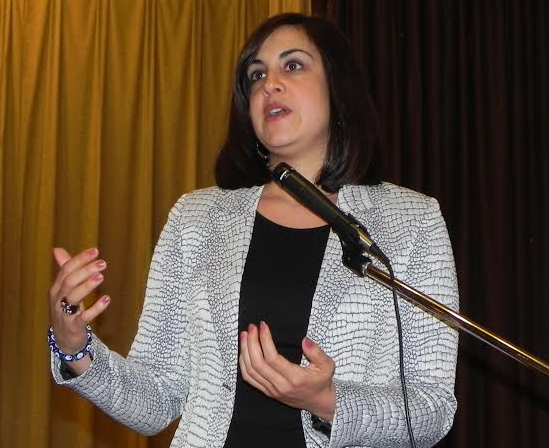Make Access-A-Ride renewal process easier, pols say

Frail elderly New Yorkers who rely on the Metropolitan Transportation Authority’s Access-A-Ride program to get to doctor’s appointments should not have to jump through hoops to remain eligible for the service, according to two lawmakers fighting to change the system.
Assemblymember Nicole Malliotakis (R-C-Bay Ridge-Staten Island) and state Sen. Andrew Lanza (R-C-Staten Island) have introduced bills in their respective legislative houses to streamline the process of re-certification for Access-A-Ride, the door-to-door transportation service operated by the Metropolitan Transportation Authority (MTA) for senior citizens and physically disabled people unable to use buses and subways.
Under current law, Access-A-Ride users must apply for renewal every five years. The process involves endless paperwork, reports from doctors to support their claims of limited mobility and physical exams at Access-A-Ride offices, according to Malliotakis, who the whole process contains too much red tape.
